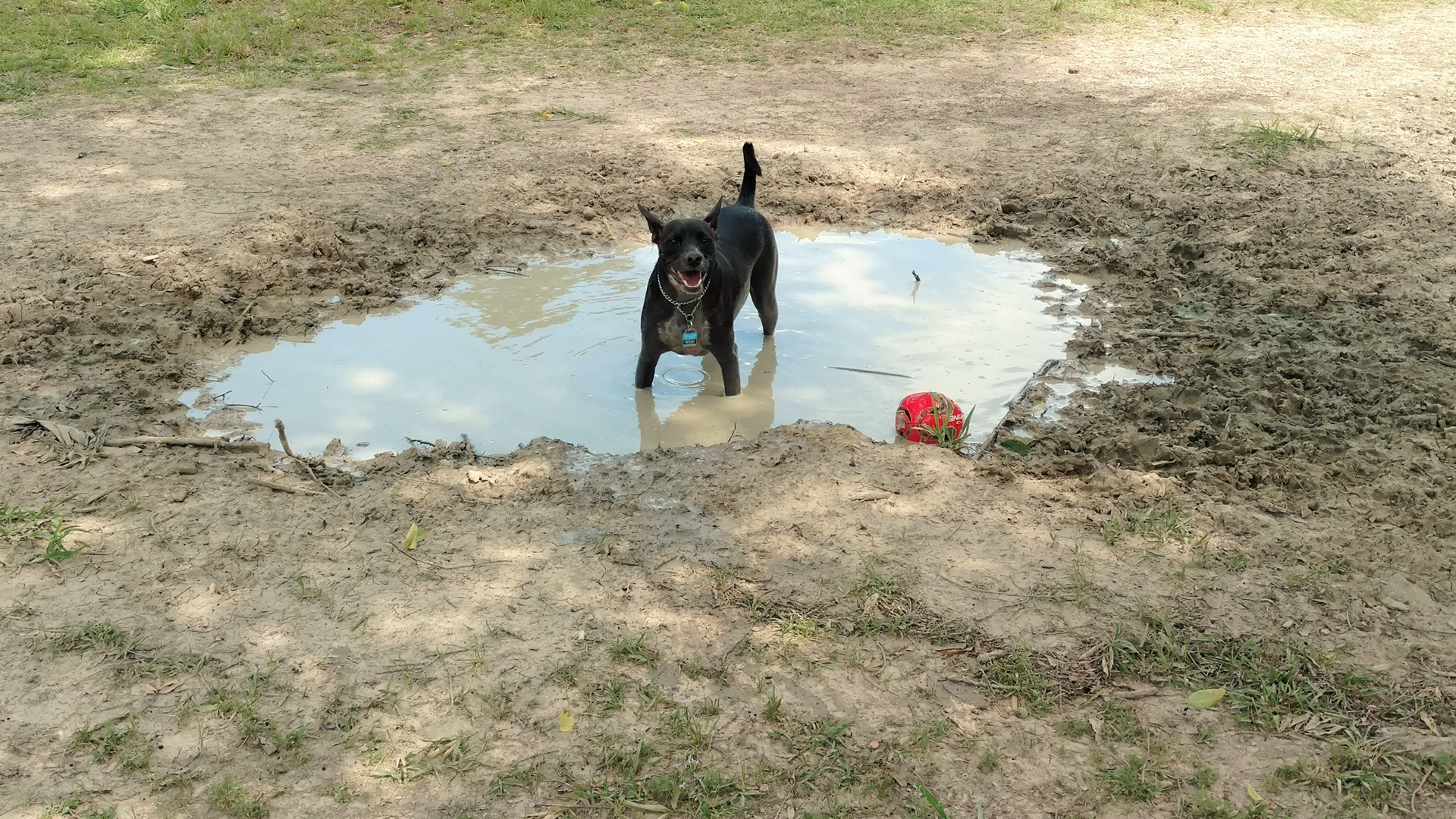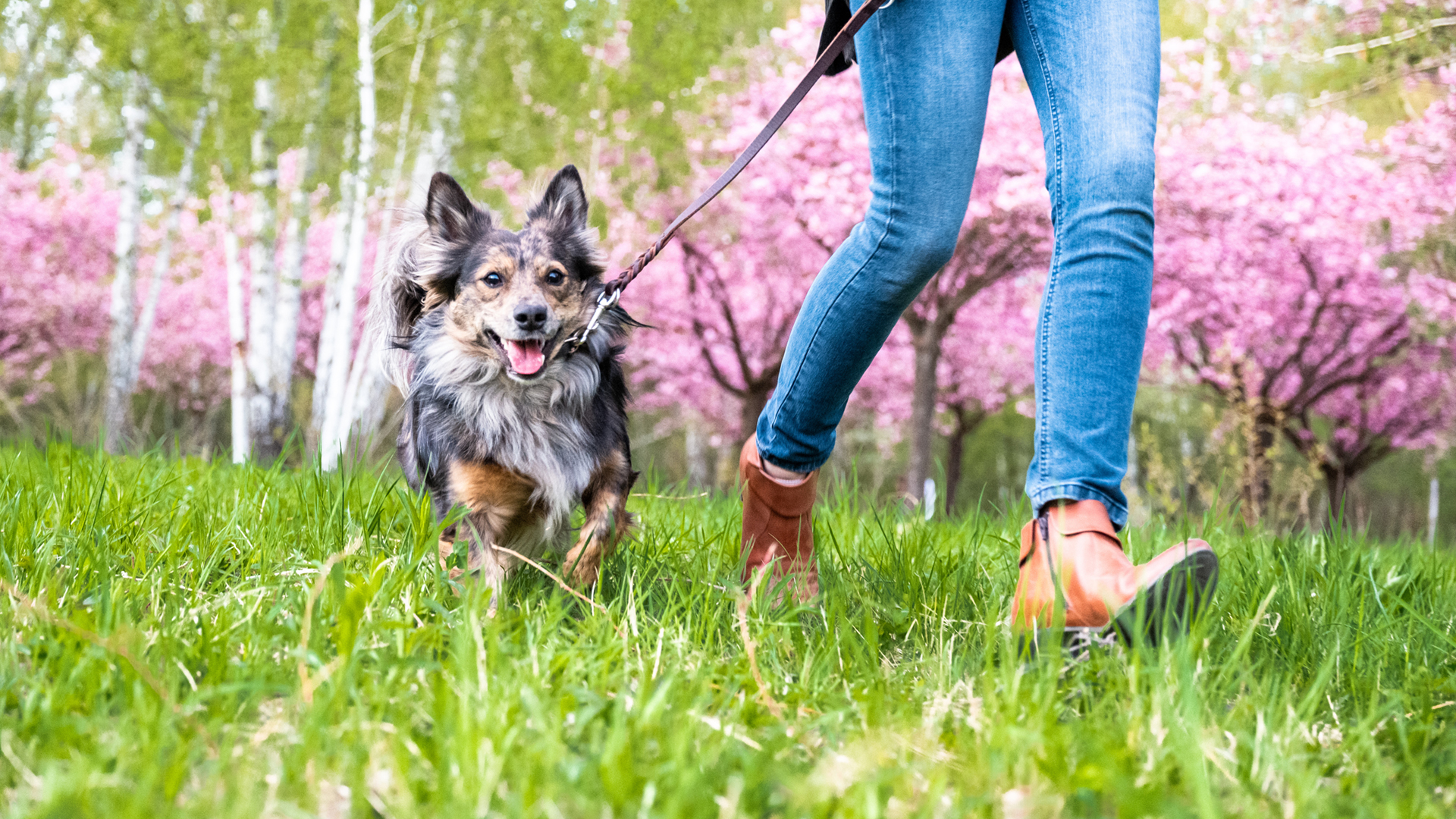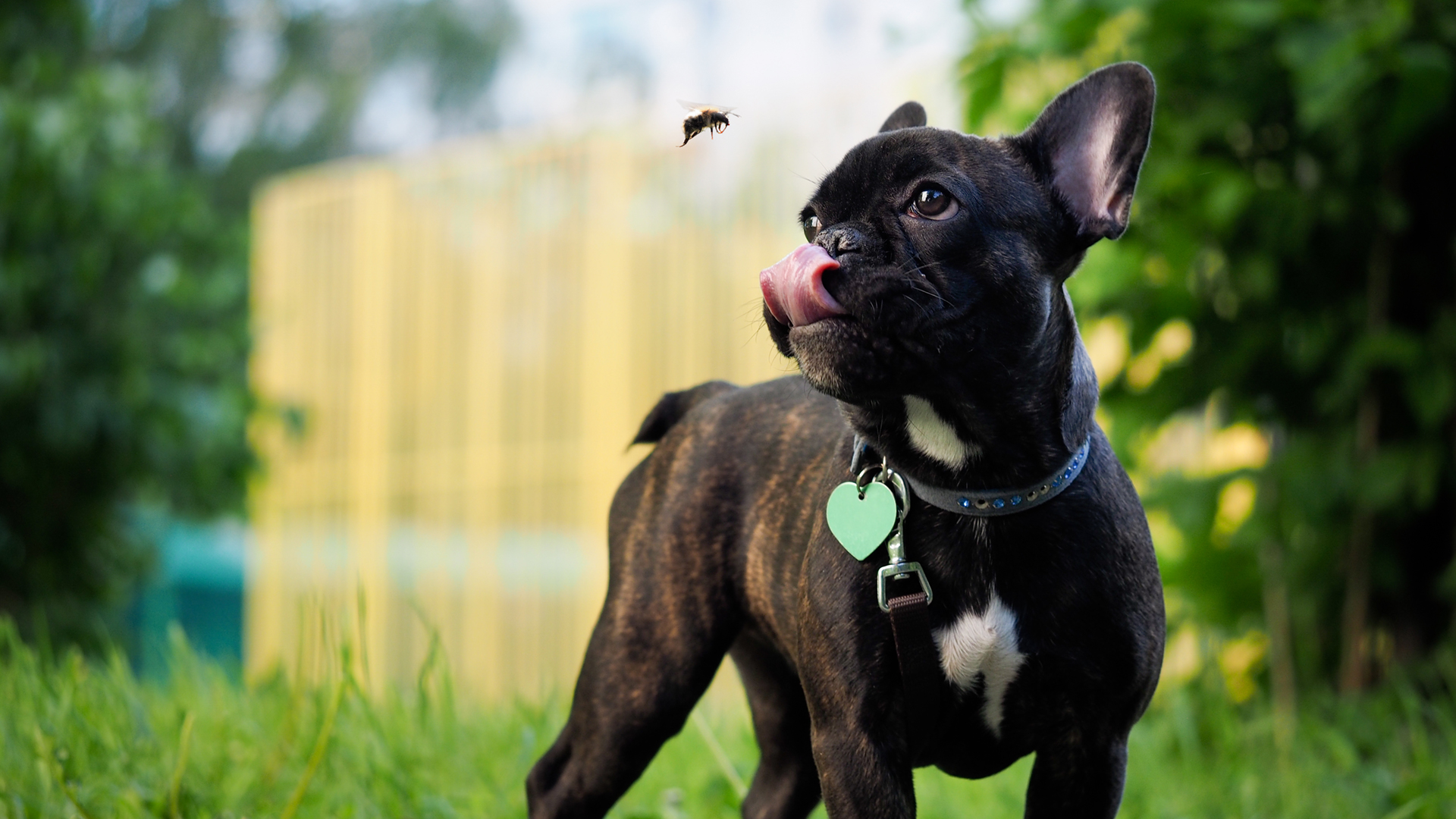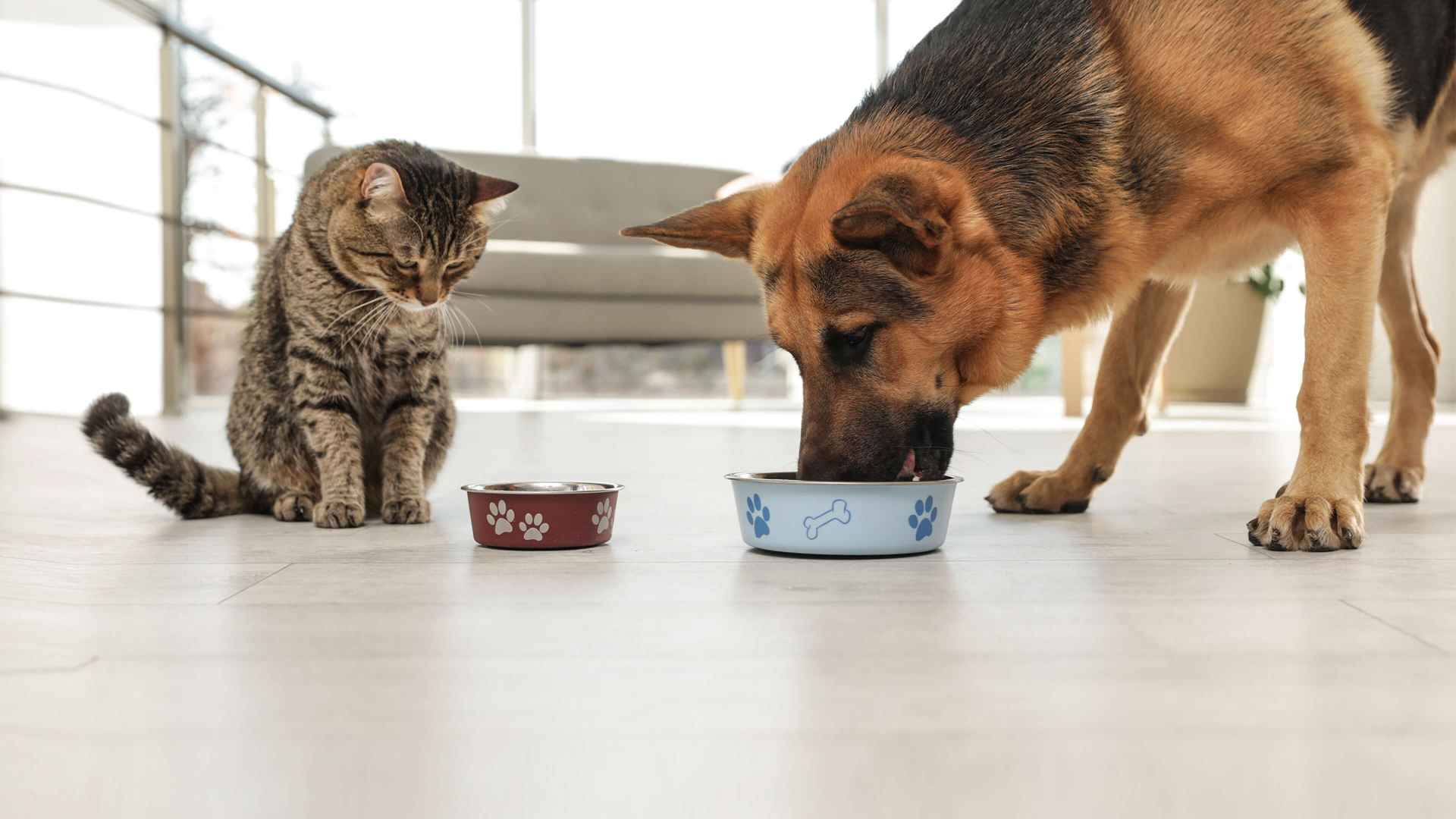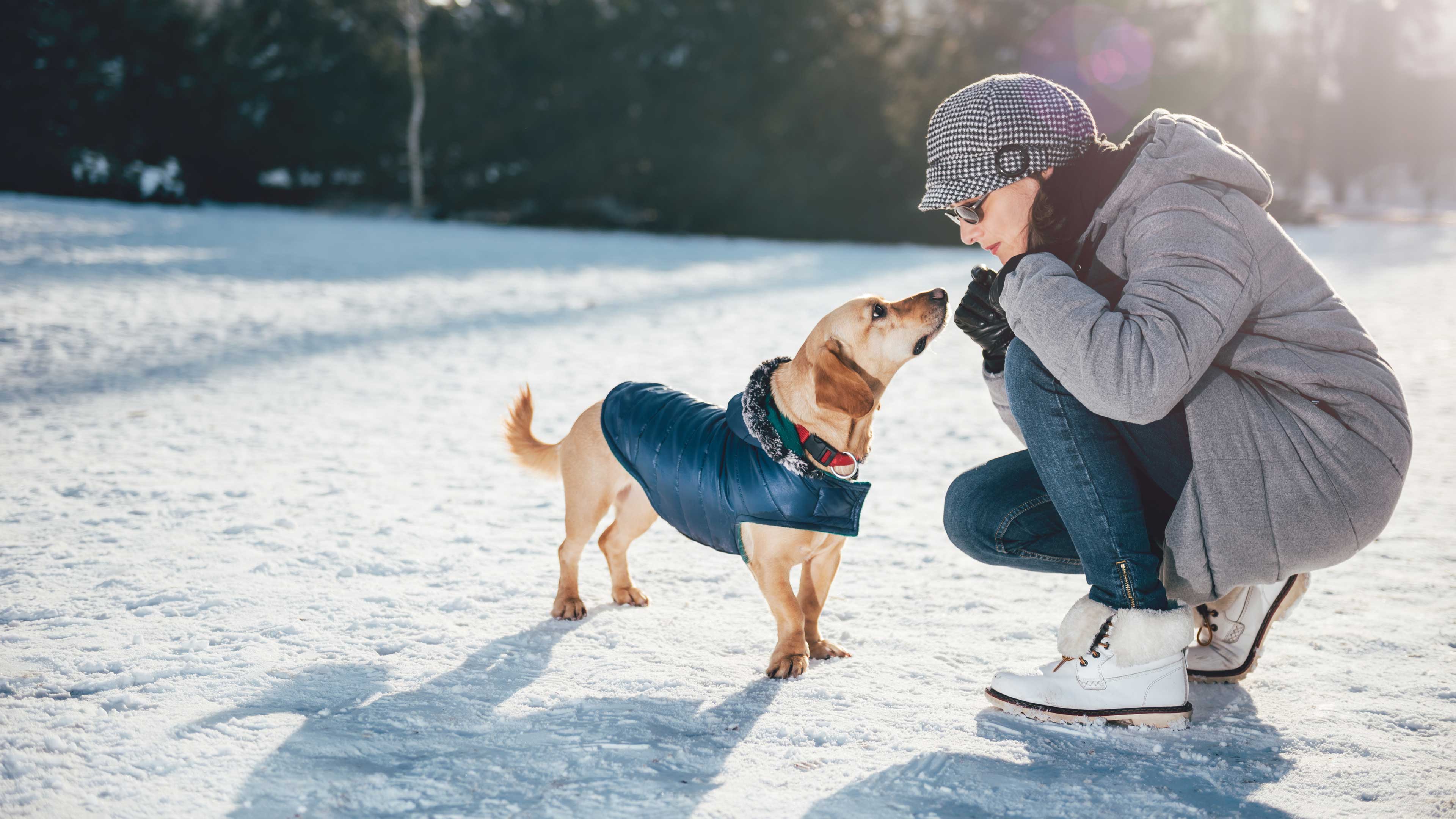How to avoid diseases in social settings for dogs
Taking your dog to public places is a great way to help them socialize and get out pent-up energy. But it can also come with risks. Exposing your dog to others in the outside world means there’s always the potential they can come in contact with a disease that spreads between animals or insects. But that doesn’t mean you should keep your dog inside forever. In this blog, we’ll discuss common diseases that dogs can contract, the places where these diseases spread, and how to keep your little cutie safe.
Common places where your dog can contract a disease
- Dog parks
- Stores or farmers markets
- Dog bars
- Restaurants
- Campgrounds
- Festivals
- Dog events
- Overgrown backyards
- Even just walking on a public sidewalk
What types of diseases are contractable
Here are some of the different types of diseases your dog can contract and how:
- Canine flu: contracted via respiratory droplets from another dog; common symptoms include coughing, nasal discharge, fever, and lethargy
- Canine distemper: contracted via respiratory droplets from another dog; common symptoms include coughing, nasal and eye discharge, fever, and lethargy
- Kennel cough: contracted via respiratory droplets from another dog; common symptoms include coughing, sneezing, loss of appetite, and lethargy
- Canine parvovirus: contracted via infected dogs, feces, or surfaces; symptoms include loss of appetite, vomiting, lethargy, diarrhea, and, if not treated, death
- Ringworm: contracted via infected hair on pets or other surfaces; symptoms include localized circular hair loss pattern on your dog
- Leptospirosis: contracted via infected urine or soil; symptoms include vomiting, loss of appetite, jaundice, abdominal pain, diarrhea, and lethargy
- Rabies: contracted via a bite or other exposure to a rabid animal; early symptoms include lethargy, fever, and vomiting; later symptoms include aggression, nerve dysfunction, weakness, paralysis, seizures, and, inevitably, death
- Roundworm: contracted via an infected mother, feces, or other animal; common symptoms include vomiting, diarrhea, weight loss, and pot belly
- Hookworm: contracted via an infected mother, feces, or other animal; common symptoms include anemia, weight loss, diarrhea, and dull coat
- Whipworms: contracted via an infected mother, feces, or other animal; common symptoms include diarrhea, poor coat, and weight loss
- Lyme disease: contracted via tick bite; common symptoms include fever, lameness, lethargy, and loss of appetite
- Ehrlichiosis: contracted via tick bite; common symptoms include fever, weight loss, joint pain, and blood-clotting issues
- Anaplasmosis: contracted via tick bite; common symptoms include lameness, vomiting/diarrhea usually mild in nature
- Babesiosis: contracted via tick bite; common symptoms include fever, loss of appetite, weakness, and lethargy
- Rocky Mountain spotted fever: contracted via tick bite; common symptoms include fever, muscle/joint pain, digestive issues, neurological signs, and loss of appetite
- Tularemia: contracted via insect bite or eating infected animals (commonly rabbits); common symptoms include fever, pain, jaundice, and organ failure
- Tapeworm: contracted by eating fleas or other infected animals (while hunting); common symptoms include tiny white eggs in pet’s poop; worms in vomit or under the tail
- Heartworms: contracted via mosquito bite; common symptoms include coughing, difficulty breathing, weakness, lethargy, and loss of appetite
Tips for helping your dog not get sick
If you don’t want your furry friend to be in danger of contracting a disease, here are some simple steps you can take to minimize their risk:
- Ensure they’re on preventive medication. Diseases caused by parasites such as fleas, ticks, and mosquitoes can be avoided through regular prevention medication.
- Ensure your pet is up to date with their vaccinations. Diseases such as rabies, canine parvovirus, leptospirosis, and distemper all have vaccines to help keep your pup safe. Learn more about available vaccinations here.
- Wait until your puppy is fully vaccinated. If you’ve got a new little furball at home, wait until they’re fully vaccinated before introducing them to the world. Learn more about puppy socialization and vaccinations here and here.
- Keep up with their regular veterinary appointments. It’s not always easy spotting the signs of sickness in your pet. Your veterinary team is trained and has the resources to evaluate your dog for potential ailments and can help treat them in a timely manner.
- Do not share water bowls. If you and your pup are out and about in a public setting with other pets, bring your own water bowl.
- Don’t push it. If you’ve got a dog who doesn’t like being out in public or socializing with other dogs, don’t push it. Forcing your dog to be in situations they don’t want to be in could cause potential aggression at worst and discomfort at best. It’s important that you understand your dog’s personality type.
- Check your pet for fleas or ticks. Even if your dog is on flea and tick prevention medication, it’s important to check them for these nasty little buggers, especially if you live in a grassy area.
- Be aware of where you bring your pet. Areas frequented by other pet owners are likely to be safer than areas where your pet might be around strays or less well cared for pets.
 Mites and mange
Mites and mange Podcast - Not Just Fluff
Podcast - Not Just Fluff

